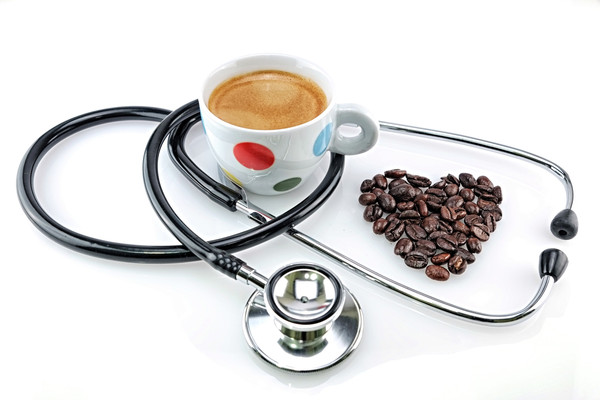About seventy million cups of coffee are drunk in the UK every day compared to one hundred and sixty-five million cups of tea. Men drink the most, 13 cups per week opposed to 11 for women. Some experts say it is bad for us, others say the opposite, so let’s check it out.

Bad
Increased cholesterol levels have been associated with a high intake of unfiltered coffee and studies found that two or more cups of coffee per day can increase the risk of heart disease in people with caffeine metabolism. Caffeine reaches your brain quickly and acts as a central nervous system stimulant. Consuming more than 500mg of caffeine per day may lead to insomnia, restlessness, irritability, upset stomach, and fast heartbeat and muscle tremors.
Good
Research has shown that coffee can reduce the risk of developing type 2 diabetes because it contains ingredients that lower blood sugar. Coffee makes you more alert and smarter because caffeine blocks adenosine (an inhibitory neurotransmitter), and this can improve mood, memory, reaction time, vigilance and cognitive function. Because of this, coffee drinkers have a 60% lower risk of Alzheimer’s and Dementia, and a 32-60% lower risk of Parkinson’s. Drinking coffee can lower your risk of liver damage by 65%; cirrhosis kills more than a million people every year worldwide and coffee significantly lowers the risk of developing the disease. Coffee is a complex mixture of chemical compounds and it is not known which of these is responsible for protecting the liver. Two compounds found in coffee, Kahweol and Cafestol, are thought to reduce your risk of liver cancer by 50%. Studies have also found that drinking coffee can reduce rates of breast, colon and rectal cancer.

Essential research is carried out on a multitude of products and drugs, all to assist us to understand the workings of the human body and the effects and strains we put on it. These research centres are dotted around the country, for example, Richmond Pharmacology http://www.workatrichmondpharmacology.co.uk/, and without them, we would not be making these landmark studies which help improve our lifestyle.
Coffee contains a certain number of vitamins and minerals and is the biggest source of antioxidants in the modern diet. As long as we don’t add loads of sugar and full-fat cream, we can safely enjoy the odd cup, now and again.
